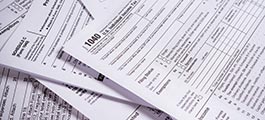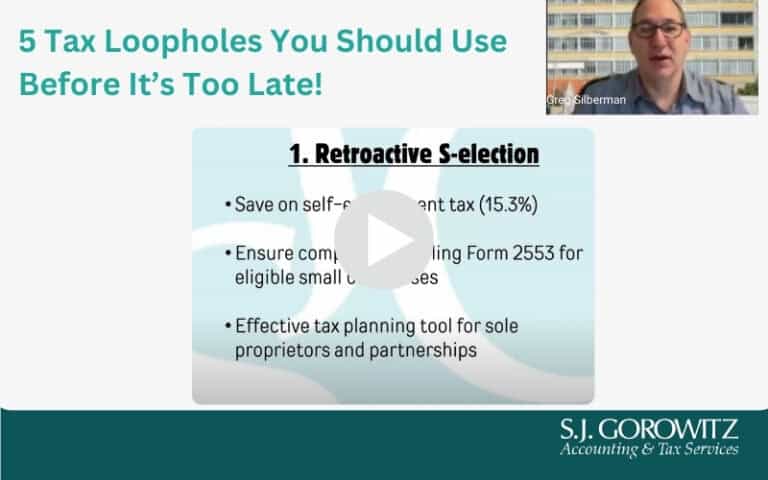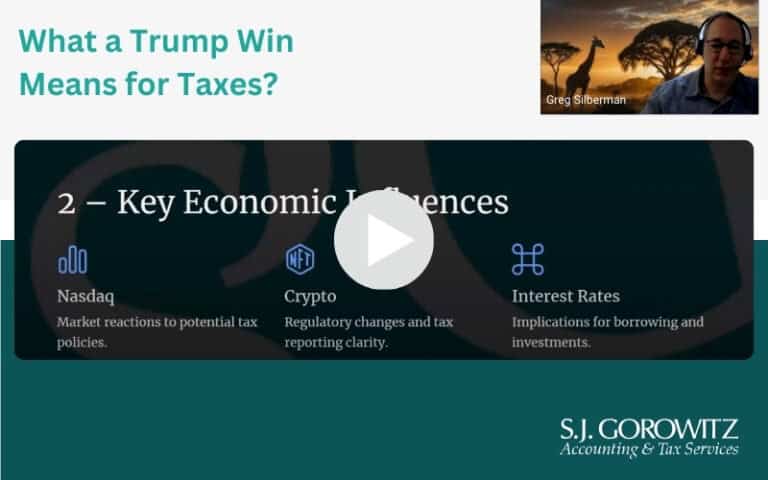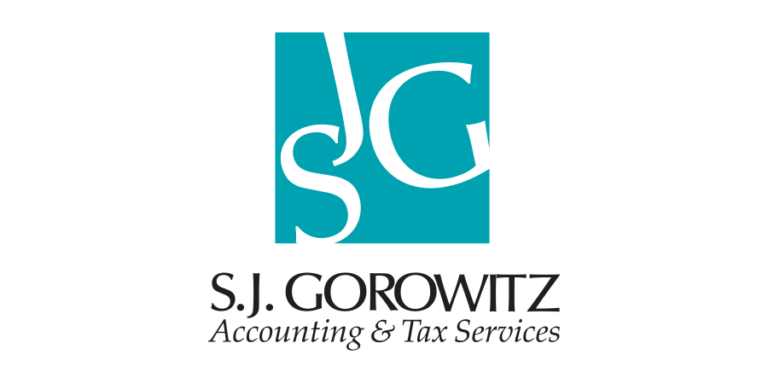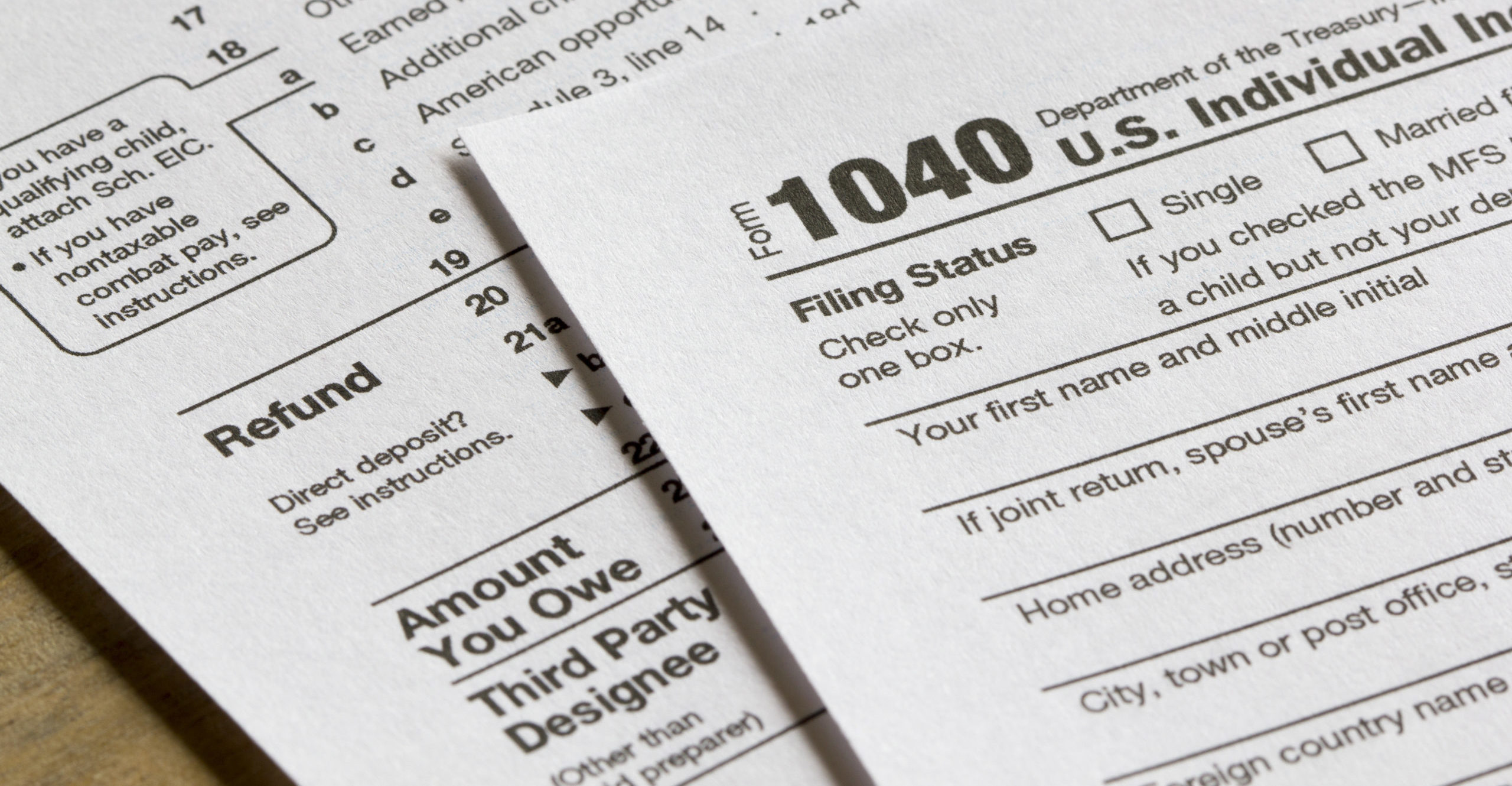 The Internal Revenue Service (IRS) is intensifying efforts to thwart identity theft.
The Internal Revenue Service (IRS) is intensifying efforts to thwart identity theft.
We have seen a recent increase in the volume of IRS notices mailed to individual taxpayers requesting identity verification in order to process income tax returns, issue a refund or apply an overpayment to next year’s estimated tax. If an individual tax return is not processed, this may result in delaying an anticipated Coronavirus stimulus payment as well.
If the IRS has a concern about a suspicious tax return that has been filed, they will send a letter to the address on the federal tax return. Receipt of these letters is not indicative of an error in tax preparation or any particular red flag. It also does not mean that the recipient is a victim of identity theft.
The IRS will not initiate contact with you to verify your identification via email, text or phone.
The IRS will not send you an e-mail message with an attachment asking you to log in to get a tax transcript or update your profile. Do not click on any email attachment associated with an alleged IRS email as it is likely a fishing scam or infected with malware.
The only way the IRS will communicate with a taxpayer is via written correspondence delivered by the U.S. Postal Service.
- Don’t open an email that claims to be from the IRS or attempts to confirm your personal tax information. The IRS does not send this letter or verify your identity via email.
- Don’t verify your information in response to a phone call. The IRS will not call you to verify this information, without having sent you the letter first.
- Don’t click on anything that says “tax transcripts” or something similar in the subject line.
While in the past identity verification notices were sent to taxpayers requesting a refund, now identity verification notices are also being sent for tax returns reporting a balance due or no balance due.
There are two specific IRS Letters which request taxpayer identity verification. These requests come in the form of an IRS 5071C letter or an IRS 4883C letter. (You will find the IRS form number indicated in the upper right corner of the letter.) If you receive a 5071C letter or a 4883C letter, you should follow the directions and either access www.idverify.irs.gov or call the toll-free number provided in the notice.
Before you log in or make a call, be sure to have copies of your prior years’ tax return and your current year tax return and supporting documents, such as your forms W-2 and 1099, as you will be asked simple questions regarding information contained on these as well as questions that only you can answer.
The entire process typically takes only a few minutes and once you verify your identity, you will be able confirm whether you have filed the tax return related to the notice and then your return will be processed. If you are owed a refund, it will, unfortunately, take approximately nine weeks to be issued. If you did not file the return, the IRS will help you with next steps.
https://www.irs.gov/individuals/understanding-your-irs-notice-or-letter


